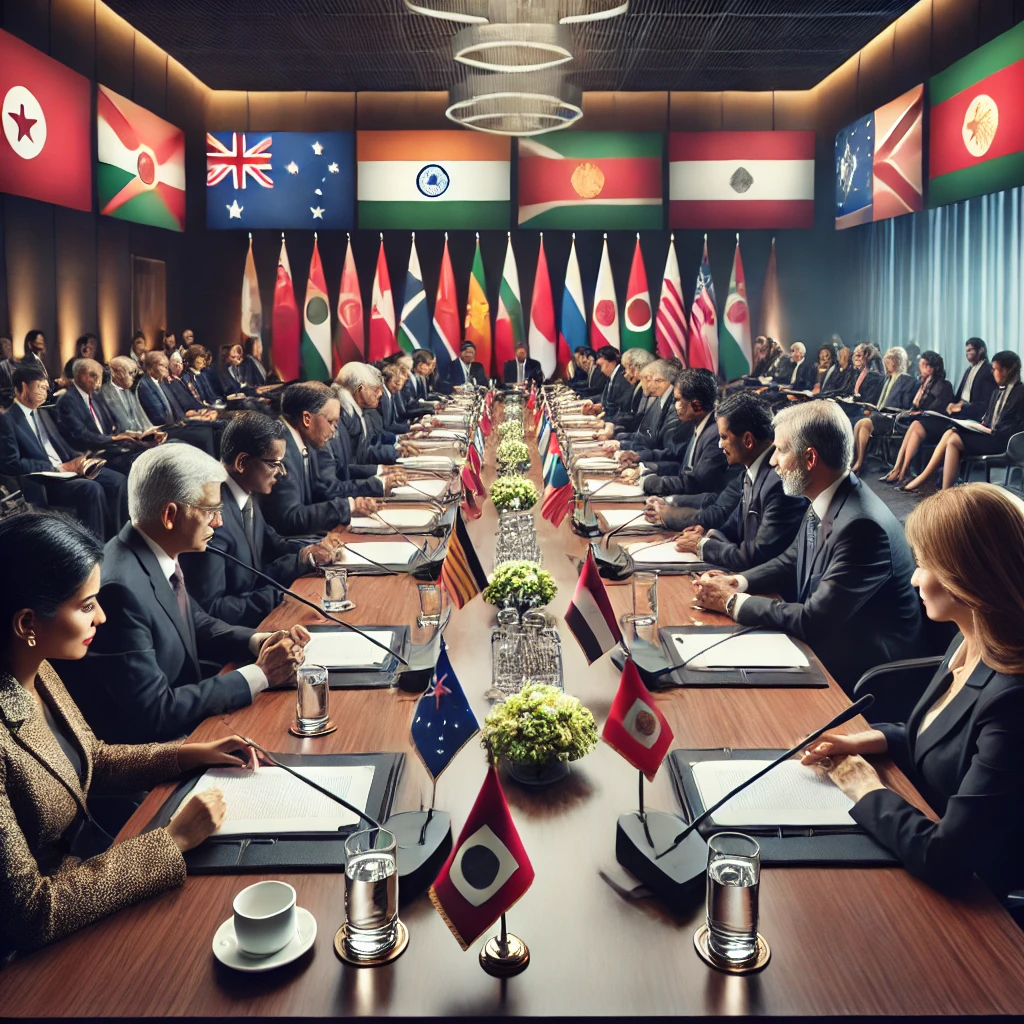
The recent visit of Pakistan’s Inter-Services Intelligence (ISI) delegation to Bangladesh has become a topic of significant interest and debate in South Asia. This unprecedented move signals a possible shift in the dynamics of regional diplomacy, focusing on collaboration in security, intelligence sharing, and counter-terrorism.
The visit, led by a senior ISI official, is seen as an effort to establish a stronger partnership between the two countries. It also highlights the importance of dialogue in addressing complex challenges, such as transnational crimes and border security, which have long impacted the region.
The Key Objectives of the Visit
The ISI delegation’s visit to Dhaka was centered on fostering cooperation and building mutual trust. Discussions were reportedly held on several crucial topics, including:
- Intelligence Sharing: Enhanced collaboration in intelligence is being prioritized to counter shared threats such as terrorism, extremism, and smuggling.
- Border Security: Both nations have stressed the need for effective strategies to secure their borders while maintaining the movement of goods and people.
- Counter-Terrorism Efforts: Joint initiatives aimed at tackling extremist activities are expected to be on the agenda, particularly in light of recent global and regional security concerns.
Historical Context
Relations between Bangladesh and Pakistan have had their share of complexities since the independence of Bangladesh in 1971. While diplomatic relations have gradually improved over the years, they remain sensitive due to historical and political factors. The ISI’s outreach marks a significant step in bridging some of these gaps, focusing on shared interests rather than differences.
Potential Benefits of the Collaboration
The visit has sparked discussions about its potential benefits, which include:
- Strengthening Regional Security: Enhanced communication and coordination may help reduce threats across borders.
- Economic Implications: Stability in the region could open doors for trade and economic partnerships.
- Diplomatic Progress: Building trust through such engagements may improve relations between Pakistan and Bangladesh.
Public Reactions and Expert Opinions
The ISI’s visit to Bangladesh has drawn mixed reactions from experts, political analysts, and the general public. On one hand, many have welcomed the move as a step toward peace and stability in South Asia. On the other hand, skepticism remains, with critics questioning the motives behind the outreach.
Social media platforms, particularly in Bangladesh, have seen vibrant discussions on the subject. Proponents of the visit argue that it is a pragmatic approach to address common challenges, while critics emphasize the need for caution and transparency in such collaborations.
Regional and Global Implications
This diplomatic engagement is likely to have a ripple effect beyond Bangladesh and Pakistan. It could influence the geopolitical strategies of neighboring countries, including India and China, which have vested interests in South Asia’s stability. Additionally, global powers monitoring the region may interpret this move as part of a larger narrative of shifting alliances and regional power plays.
Challenges Ahead
While the visit is a positive development, its success depends on several factors, such as:
- Sustained Dialogue: Both nations must maintain open lines of communication to ensure continued progress.
- Trust Building: Given historical tensions, building and maintaining trust will be essential.
- Addressing Criticism: Transparency in intentions and actions will be necessary to address domestic and international concerns.
Conclusion
The ISI’s visit to Bangladesh represents a pivotal moment in South Asian diplomacy. It demonstrates the potential of dialogue and collaboration in addressing regional challenges. However, the outcomes of this engagement will depend on the sincerity of both parties and their commitment to fostering long-term peace and stability.
As developments unfold, this visit could either pave the way for a new era of cooperation or deepen existing divisions. For now, it remains a story to watch closely, with implications that could shape the future of South Asia’s political and security landscape.
Stay updated with Focus Global News for in-depth coverage of this story and other trending topics around the world.





